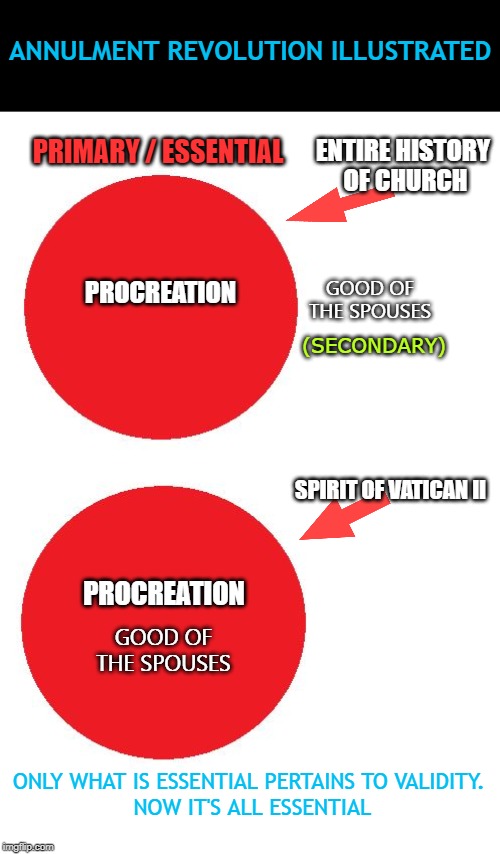
Rose Sweet says "you may decide on your own authority..to file for civil divorce"
https://www.catholicsdivorce.com/Is-it-a-sin-to-divorce
Leila Miller condones when "A dear friend of mine saw no other possible option but to file for civil divorce [on own authority] from her husband."
https://www.catholic.com/magazine/online-edition/when-does-the-church-tolerate-divorce
The Catholic Church says: Can. XII If any one saith, that matrimonial causes do not belong to ecclesiastical judges; let him be anathema. – Council of Trent
USA Particular legislation says:
"We command all (i.e. baptized) married persons that they must not go to the civil courts to obtain a separation from bed and board without previously receiving permission from the ecclesiastical authority. Should anyone attempt this, let him know that he incurs the guilt of grave sin and that he is to be punished as the bishop shall decide." The 3rd Council of Baltimore decree #126
Can. 1059 The marriage of catholics, even if only one party is baptised, is governed not only by divine law but also by canon law, without prejudice to the competence of the civil authority in respect of the merely civil effects of the marriage.
Citing Acta Apostolicae Sedis from 1936, in his Doctoral Dissertation, Rev. Marion L Gibbons explains that even when “there is a question of an alleged nullity of the marriage, private authority is not recognized as an adequate basis for establishing a legitimate separation.”(1) Additionally, citing Acta Apostolicae Sedis from 1933 and 1934, Gibbons explains that separation of spouses is not a merely civil effect of marriage.
Can. 1671 Marriage cases of the baptized belong to the ecclesiastical judge by proper right.
Can. 1401 By proper and exclusive right the Church adjudicates: 1/ cases which regard spiritual matters or those connected to spiritual matters.
Can. 1671 Marriage cases of the baptized belong to the ecclesiastical judge by proper right.
Can. 1401 By proper and exclusive right the Church adjudicates: 1/ cases which regard spiritual matters or those connected to spiritual matters.
When Rose and Leila teach the heresy that prolonged/permanent private separation is not intrinsically evil, they enable business as usual Catholic no-fault divorce because virtually all spouses "know" they are the innocent party. Divorce on own authority necessarily makes a Catholic no longer in good standing. This hard truth must be taught because we don't want Rose and Leila to be "anathema."
And whosoever shall scandalize one of these little ones that believe in me; it were better for him that a millstone were hanged around his neck, and he were cast into the sea. Mark 9:42





